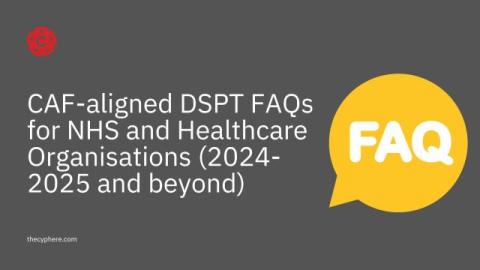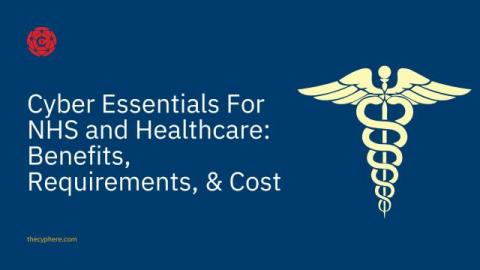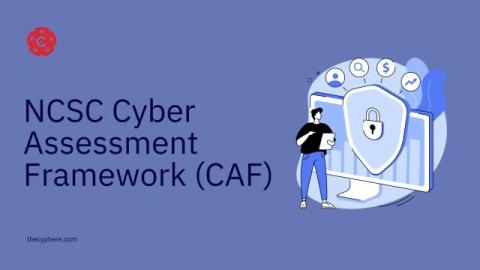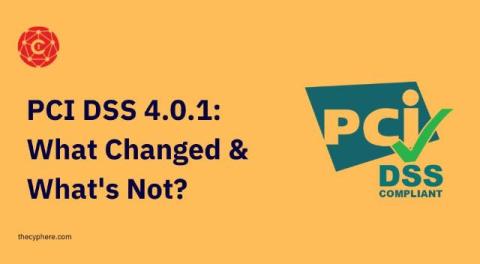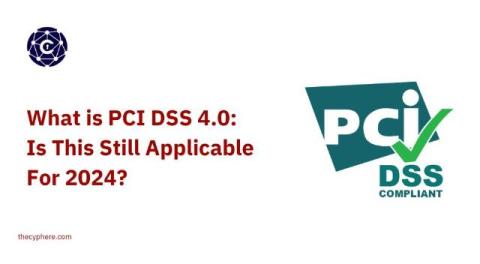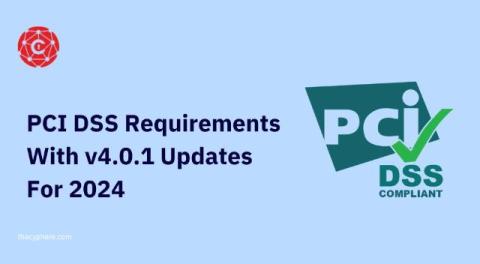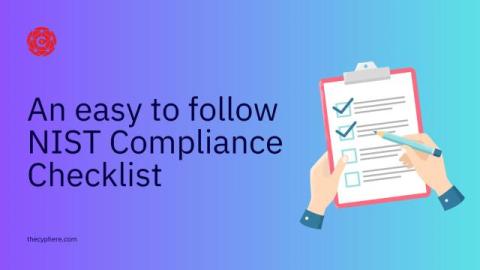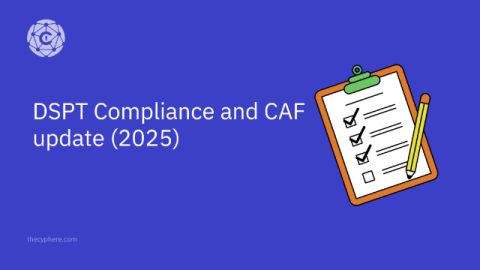CAF-aligned DSPT FAQs for NHS and Healthcare Organisations (2024-2025 and beyond)
Show your customers and supply chain you can manage application risks with secure coding practices. Assess yours before it’s too late. Box-ticking approach to penetration tests is long gone. We help you identify, analyse and remediate vulnerabilities so you don’t see the same pentest report next time.


